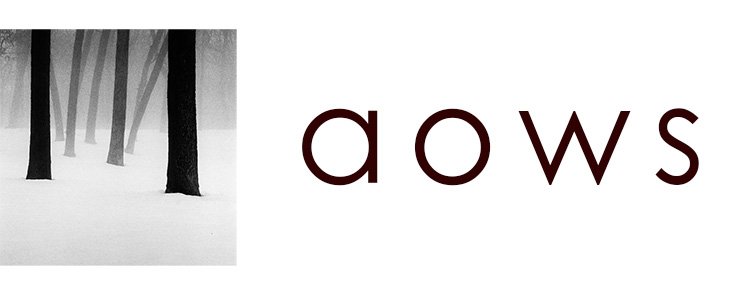A few years ago, my most common camera setup was a Sony A7II with a 16-35mm f/4 lens (a combo worth more than $3k at the time). While that's not a lot of money when it comes to cameras, it was for me.
One day, I got caught in very heavy rain in the Olympic Peninsula, Washington. I was on a hike, my camera got extremely wet and I didn't get to a dry place for over 2 hours. As a result, the screen stopped working and I had to send it in for repair. The bill: $400.
That's exactly what my current camera (a Sony a6000) is worth today, brand new.
Over the years, I've found that using a cheap camera has actually a lot of benefits over a more expensive one. These are 4 of them:
1. We take more risks
No one wants to ruin any camera, but having a cheaper one usually means we are willing to take more risks with it to get the shot.
That could mean using it in the rain or bringing it to sketchy places.
If something happens, we could afford replacing it whereas an expensive camera might be the only one we can afford for a while, and when it's gone, it's gone.
2. The difference in image quality is probably minimal
It looks like full-frame cameras are all the rage lately, but we can't get carried away by the size: most cameras today (including smartphones) are incredible in good light.
The difference between small and big sensors begins to be noticeable in poor light conditions. Even then and generally speaking, a faster lens will be a better option than a bigger sensor.
3. Cheaper usually means smaller
And that's always a good thing: it means we will bring it with us more often and actually use it, unlike those big cameras we only carry on special occasions.
4. Makes us focus on what's important: making images
More expensive cameras usually come with a whole lot of new settings and features we might not even use. I am a big believer that less is better: the fewer options we have the more creative we are.
Use whatever makes you creative and productive
The simpler, smaller, lighter and cheaper the camera, the better. Never forget that it's a tool to make images: the less friction the more we will create.
